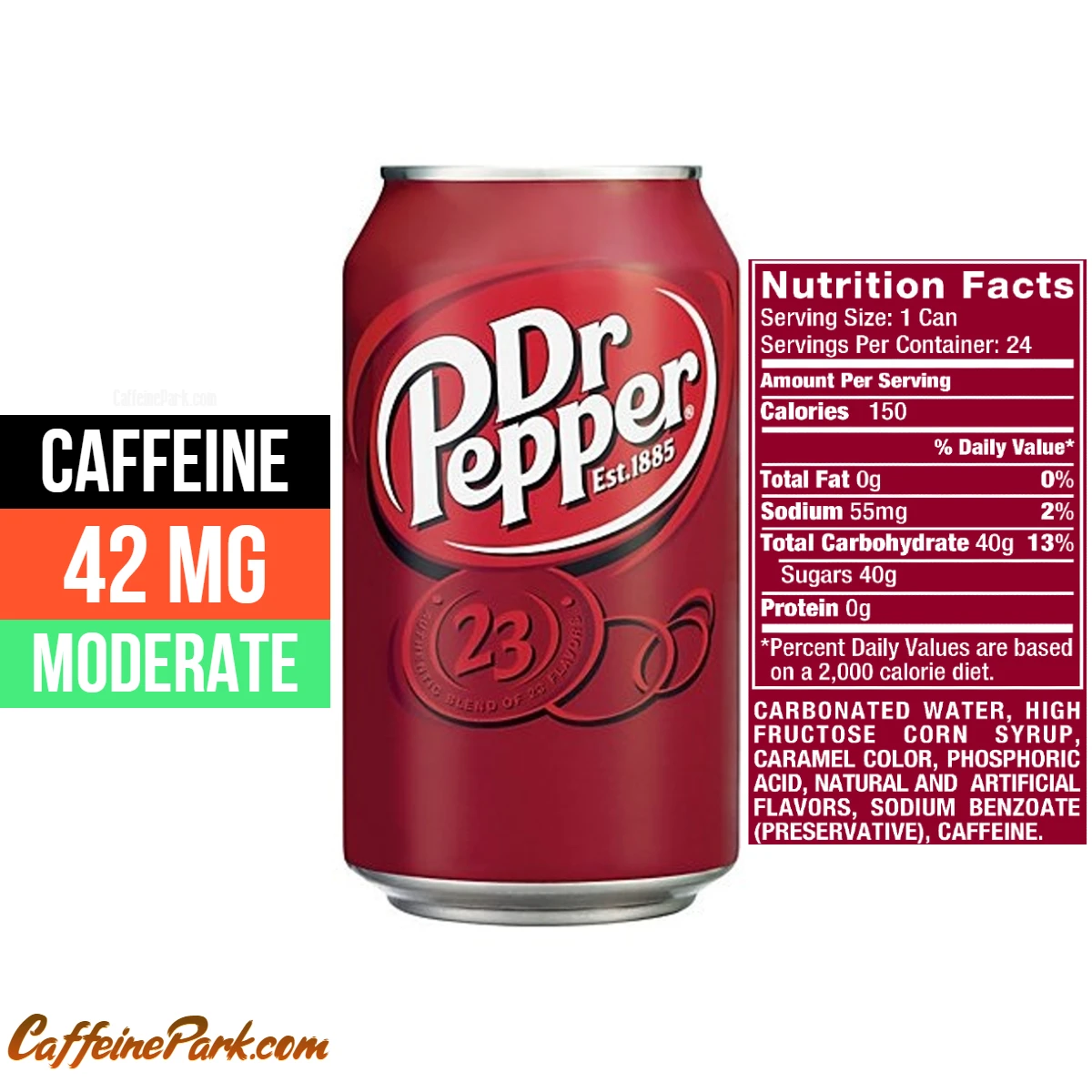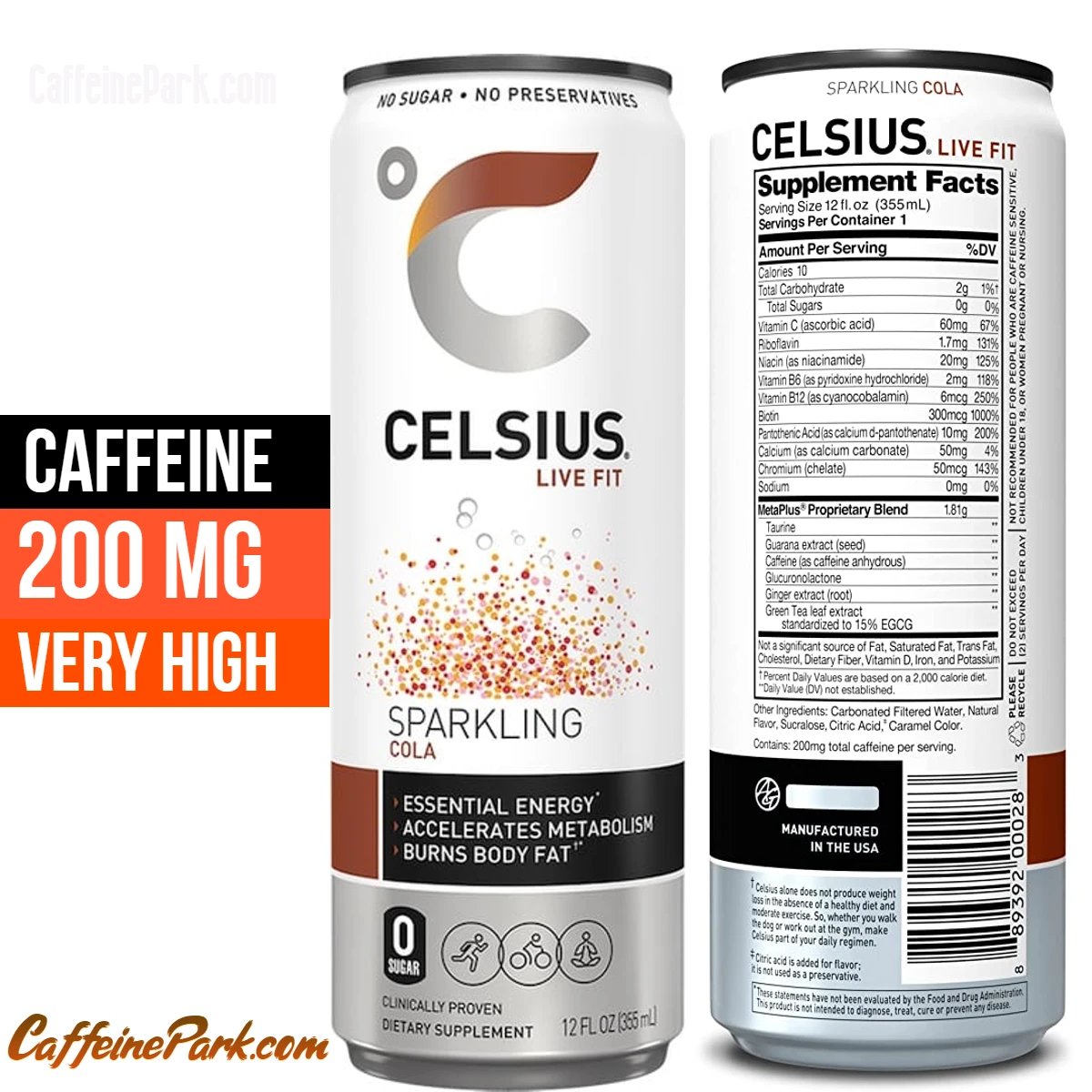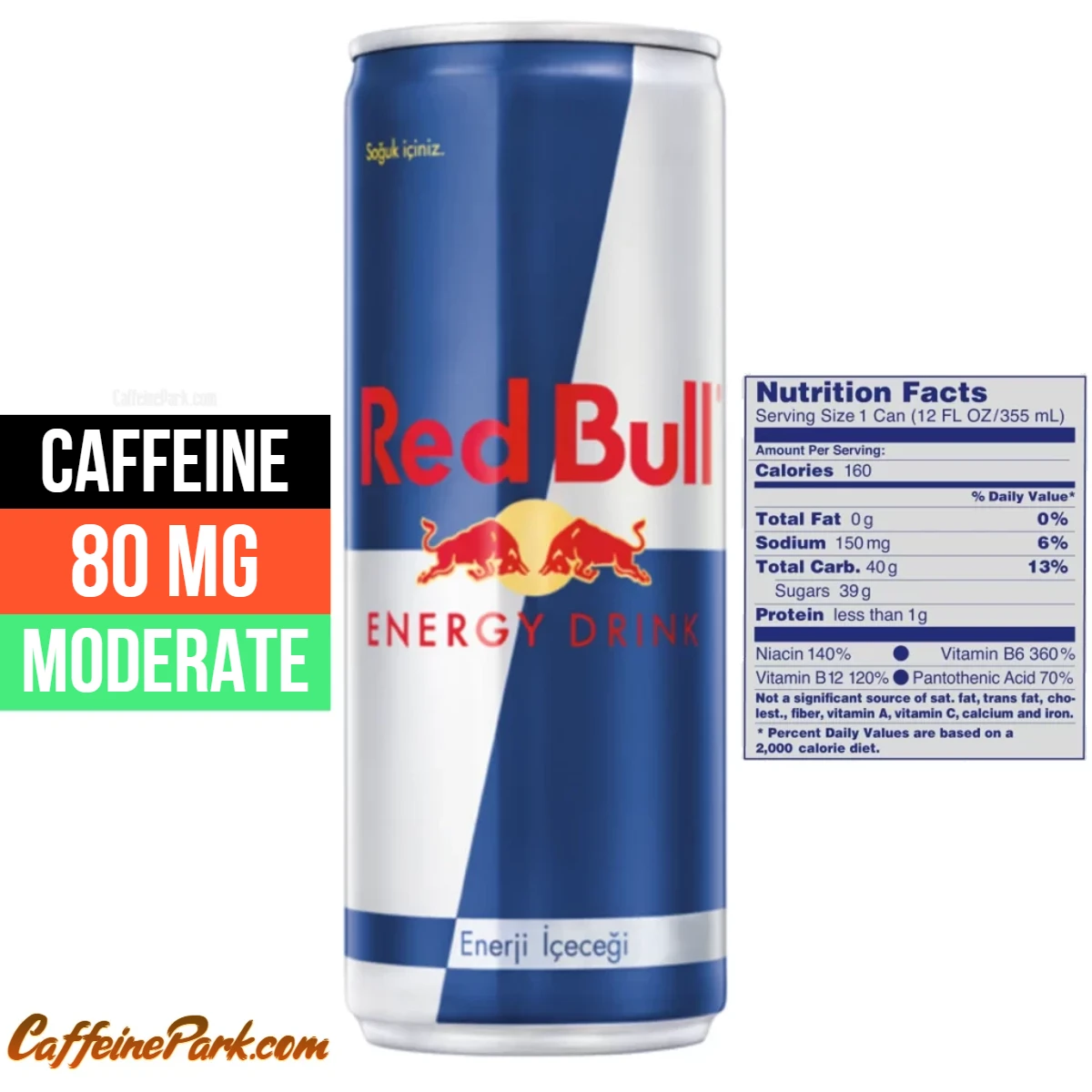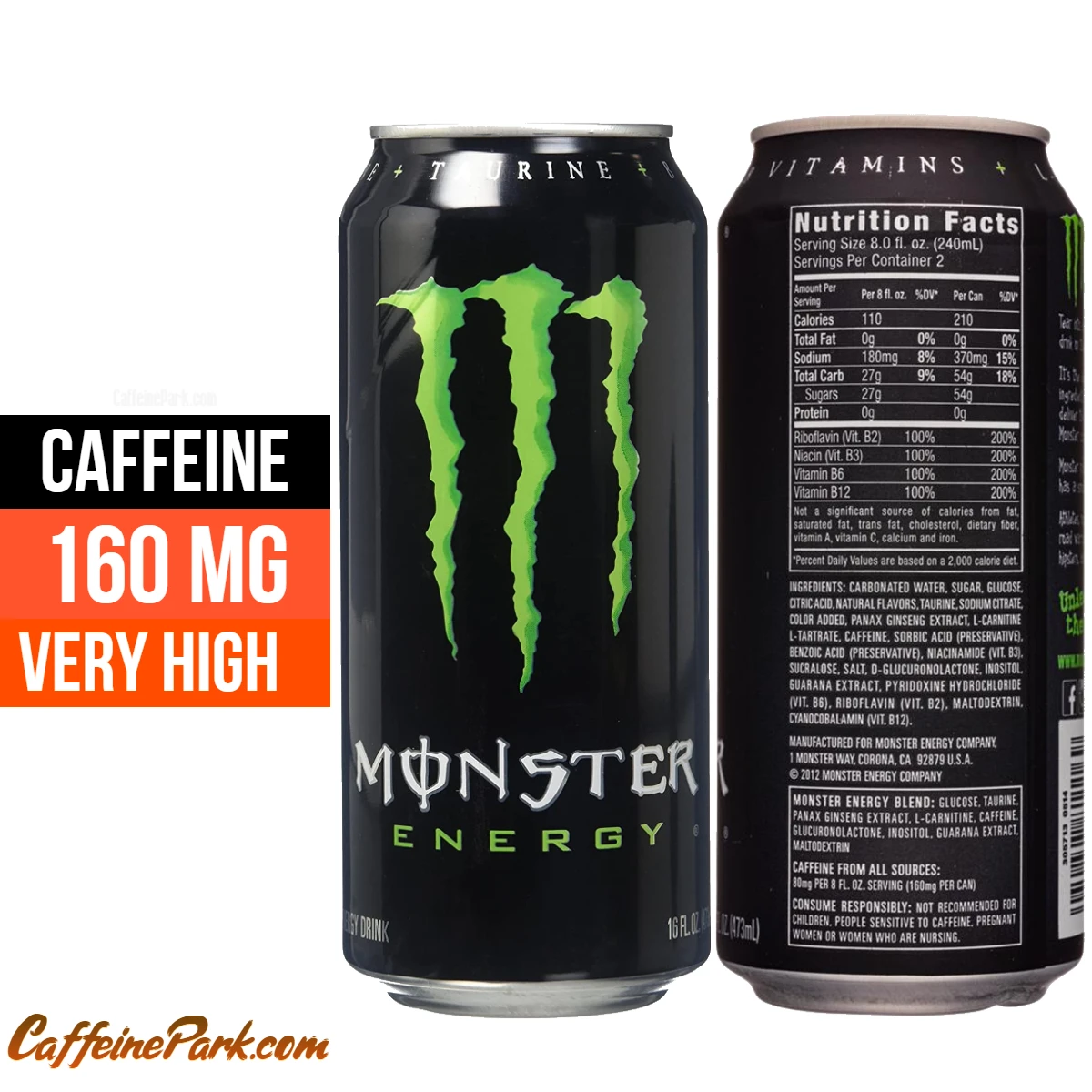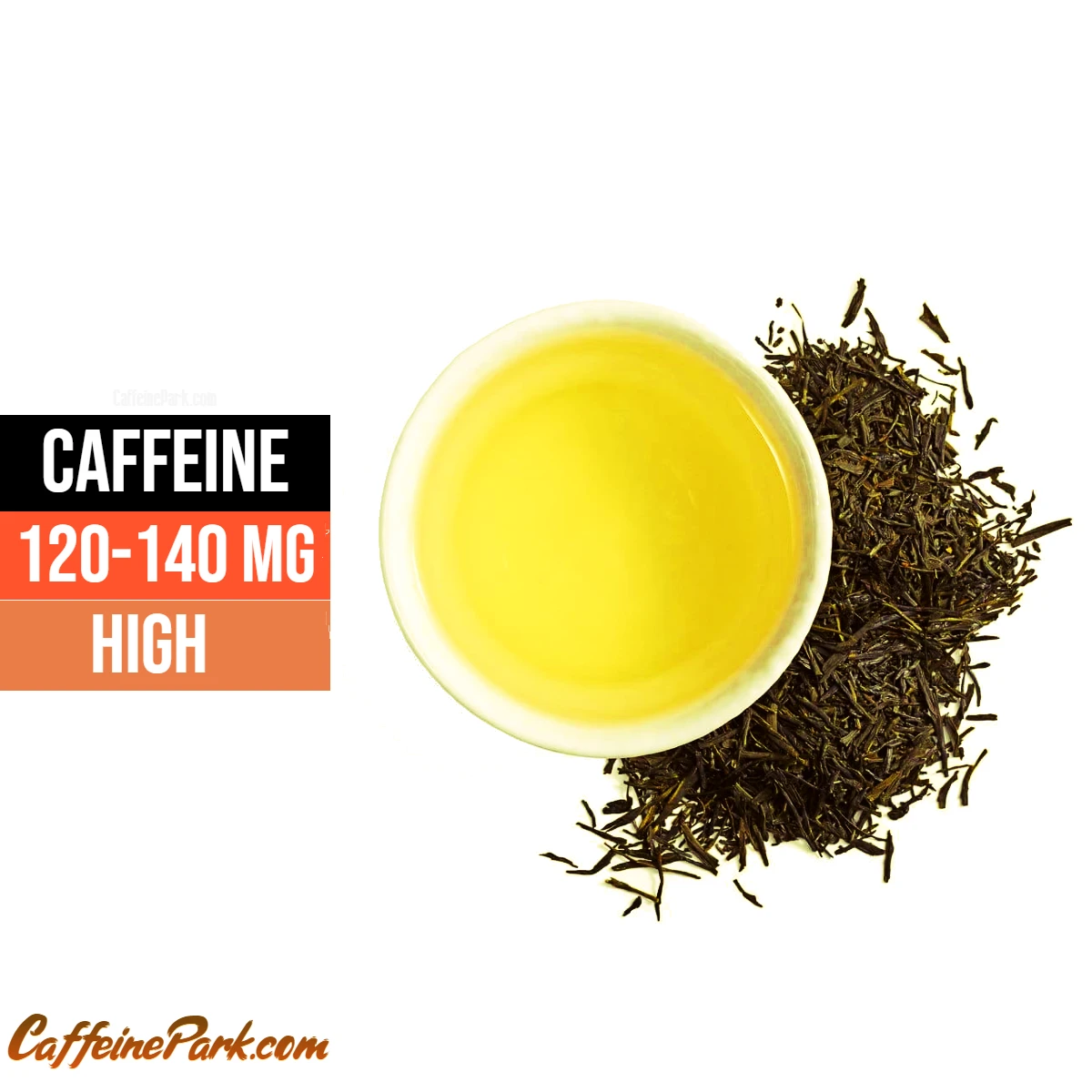
Hey tea lovers! Are you curious about the caffeine content in Gyokuro tea? Well, let’s dive into this topic and find out more.
Gyokuro tea is a type of Japanese green tea that is highly prized for its delicate flavor and unique production process. The tea leaves are grown in the shade for about 20 days before harvesting, which produces a sweet, umami flavor and a bright green color. Gyokuro tea is typically enjoyed by tea connoisseurs who appreciate the tea’s complex flavor profile.
Caffeine Content in Gyokuro Tea
Now, let’s get to the question at hand – how much caffeine is in Gyokuro tea? a cup of Gyokuro contains around 120-140 milligrams of caffeine per cup, which is about the same amount as a cup of coffee.
Here’s a chart of the caffeine content in Gyokuro tea per cup size:
| Cup Size | Caffeine Content |
|---|---|
| 8 oz | 120-140 mg |
| 12 oz | 180-210 mg |
| 16 oz | 240-280 mg |
It’s important to note that the caffeine content can vary depending on several factors, as mentioned earlier. So, these numbers are just estimates and should be used as a general guideline.
But why does Gyokuro contain caffeine? Caffeine is a natural compound found in many plants, including tea leaves. It is a stimulant that can help improve focus, alertness, and cognitive performance. Caffeine can also boost metabolism and improve physical performance during exercise.
Factors Affecting Caffeine Content in Gyokuro Tea
The caffeine content in Gyokuro tea can vary depending on several factors, including:
- Brewing time and temperature – The longer the brewing time and the higher the water temperature, the more caffeine will be extracted from the tea leaves. If you’re looking to reduce your caffeine intake, try brewing your Gyokuro tea for a shorter period of time or using cooler water.
- Amount of tea leaves used – The more tea leaves you use, the more caffeine you’ll get in your cup of tea. To reduce your caffeine intake, use fewer tea leaves.
- Type of Gyokuro tea – Different types of Gyokuro tea can have varying caffeine levels. For example, high-quality Gyokuro teas tend to have a higher caffeine content than lower-quality teas.
Compare Caffeine in Gyokuro Tea
Caffeine in Gyokuro Tea vs Other Types of Tea
Compared to other types of tea, Gyokuro tea generally has a higher caffeine content. For example, a cup of black tea typically contains around 47 milligrams of caffeine, while a cup of green tea usually contains around 20-50 milligrams of caffeine. However, it’s worth noting that the caffeine content can vary depending on the type of tea and brewing method used.
Caffeine in Gyokuro Tea vs Coffee
When compared to coffee, Gyokuro tea has a similar caffeine content. A cup of coffee typically contains around 95-200 milligrams of caffeine, depending on the brewing method and type of coffee beans used. So, if you’re looking for a caffeine boost, either Gyokuro tea or coffee can do the trick.
However, it’s important to note that the caffeine in coffee is typically absorbed more quickly and can lead to a more sudden and intense energy boost, whereas the caffeine in tea is absorbed more slowly and can provide a more sustained energy boost over time.
Additionally, caffeine affects people differently, and some may be more sensitive to its effects than others. So, it’s essential to pay attention to your body’s response to caffeine and consume it in moderation.
In conclusion, Gyokuro tea has a higher caffeine content compared to other types of tea, but a similar caffeine content to coffee. The caffeine content can vary depending on several factors, including brewing time, the amount of tea leaves used, and the type of tea or coffee. It’s important to consume caffeine in moderation and pay attention to your body’s tolerance levels. So, whether you prefer Gyokuro tea or coffee, enjoy it in a way that works best for you.
Benefits of Caffeine in Gyokuro Tea
As mentioned earlier, caffeine can have several benefits, including improving focus, alertness, and cognitive performance. It can also boost metabolism and improve physical performance during exercise. Additionally, caffeine has been linked to a lower risk of several health conditions, including type 2 diabetes, Parkinson’s disease, and certain types of cancer.
However, it’s important to note that too much caffeine can lead to negative side effects, such as anxiety, restlessness, and trouble sleeping. So, it’s essential to consume caffeine in moderation and listen to your body’s tolerance levels.
What are the potential side effects of Gyokuro tea?
While Gyokuro tea is generally considered safe for most people, there are a few potential side effects that you should be aware of before incorporating it into your daily routine.
- Caffeine sensitivity is one of the most common potential side effects of Gyokuro tea. Although the caffeine content of Gyokuro tea is lower compared to other types of tea and coffee, it may still cause jitters, restlessness, anxiety, and other negative effects in people who are particularly sensitive to caffeine. If you are sensitive to caffeine, it is best to consume Gyokuro tea in moderation or avoid it altogether.
- Another potential side effect of Gyokuro tea is an upset stomach. Like other types of tea, Gyokuro tea can irritate the stomach lining in some people, particularly if consumed on an empty stomach. This may lead to symptoms such as nausea, bloating, and stomach cramps. To avoid an upset stomach, it is recommended to drink Gyokuro tea with food or after a meal.
- Finally, some compounds in Gyokuro tea may interfere with certain medications, particularly blood thinners. This is because Gyokuro tea contains high levels of vitamin K, which can reduce the effectiveness of blood thinners such as warfarin. If you are taking medication, it is always a good idea to talk to your doctor before adding Gyokuro tea to your diet to avoid any potential negative interactions.
Overall, while the potential side effects of Gyokuro tea are relatively mild, it is important to be aware of them and consume the tea in moderation to avoid any negative effects. If you experience any adverse reactions after drinking Gyokuro tea, it is recommended to stop consuming it and talk to your doctor to determine if it is safe for you to continue drinking it.
Final Thoughts
In conclusion, Gyokuro tea contains around 120-140 milligrams of caffeine per cup, which is similar to the caffeine content in a cup of coffee. The caffeine content in Gyokuro tea can vary depending on several factors, including brewing time, amount of tea leaves used, and type of tea. While caffeine can have several benefits, it’s important to consume it in moderation and pay attention to your body’s tolerance levels. So, go ahead and enjoy your Gyokuro tea, but be mindful of your caffeine intake.
Alternative to Gyokuro Tea
If you’re looking for an alternative to Gyokuro tea, there are several other types of green tea that you might enjoy. Here are some options to consider:
- Sencha: Like Gyokuro, Sencha is a popular type of Japanese green tea. It has a bright, refreshing flavor and a moderate amount of caffeine. Sencha is often used in Japanese tea ceremonies and is widely available in tea shops and online.
- Matcha: Matcha is a type of green tea that has been ground into a fine powder. It’s known for its vibrant green color and rich, earthy flavor. Matcha contains caffeine, but it also has a high concentration of L-theanine, an amino acid that can help promote feelings of relaxation and focus.
- Dragonwell: Also known as Longjing tea, Dragonwell is a type of Chinese green tea that is prized for its sweet, nutty flavor and aroma. It has a moderate amount of caffeine and is often enjoyed in the afternoon or evening.
- Jasmine green tea: Jasmine green tea is a type of Chinese green tea that has been scented with jasmine flowers. It has a delicate, floral flavor and a moderate amount of caffeine. Jasmine green tea is often enjoyed as an after-dinner tea or as a soothing bedtime beverage.
- Bancha: Bancha is a type of Japanese green tea that is made from older tea leaves. It has a milder flavor and a lower caffeine content than Gyokuro or Sencha, making it a good option for those who are sensitive to caffeine. Bancha is often enjoyed in the evening or as a digestive aid after meals.
These are just a few examples of the many different types of green tea available. Experimenting with different varieties can be a fun and enjoyable way to discover new flavors and textures, as well as to experience the many health benefits of green tea.
FAQs
Gyokuro tea contains somewhere in between 120-140 milligrams of caffeine per cup. However, the caffeine content can vary depending on several factors, including the brewing method, amount of tea leaves used, and steeping time.
Gyokuro tea generally has a higher caffeine content compared to other types of tea, such as black or green tea. However, the caffeine content can vary depending on the type of tea and brewing method used.
Gyokuro tea has a similar caffeine content to coffee, with a cup of coffee typically containing around 95-200 milligrams of caffeine, depending on the brewing method and type of coffee beans used.
Yes, Gyokuro tea can be a good option for a caffeine boost, especially for those who prefer tea over coffee. However, it’s important to consume caffeine in moderation and pay attention to your body’s tolerance levels.
Consuming too much caffeine can cause negative side effects, such as jitters, nervousness, or difficulty sleeping. It’s essential to consume caffeine in moderation and pay attention to your body’s response to it. Additionally, pregnant or breastfeeding women should consult their doctor before consuming caffeine.
To reduce the caffeine content in Gyokuro tea, you can steep it for a shorter period or use fewer tea leaves. However, this can also affect the taste and strength of the tea, so it’s important to find a balance that works for you.
No, Gyokuro tea is not the only tea that contains caffeine. Many types of tea, such as black, green, and oolong tea, contain caffeine to varying degrees. However, herbal teas do not contain caffeine, as they are made from herbs and not tea leaves.
Read More:

